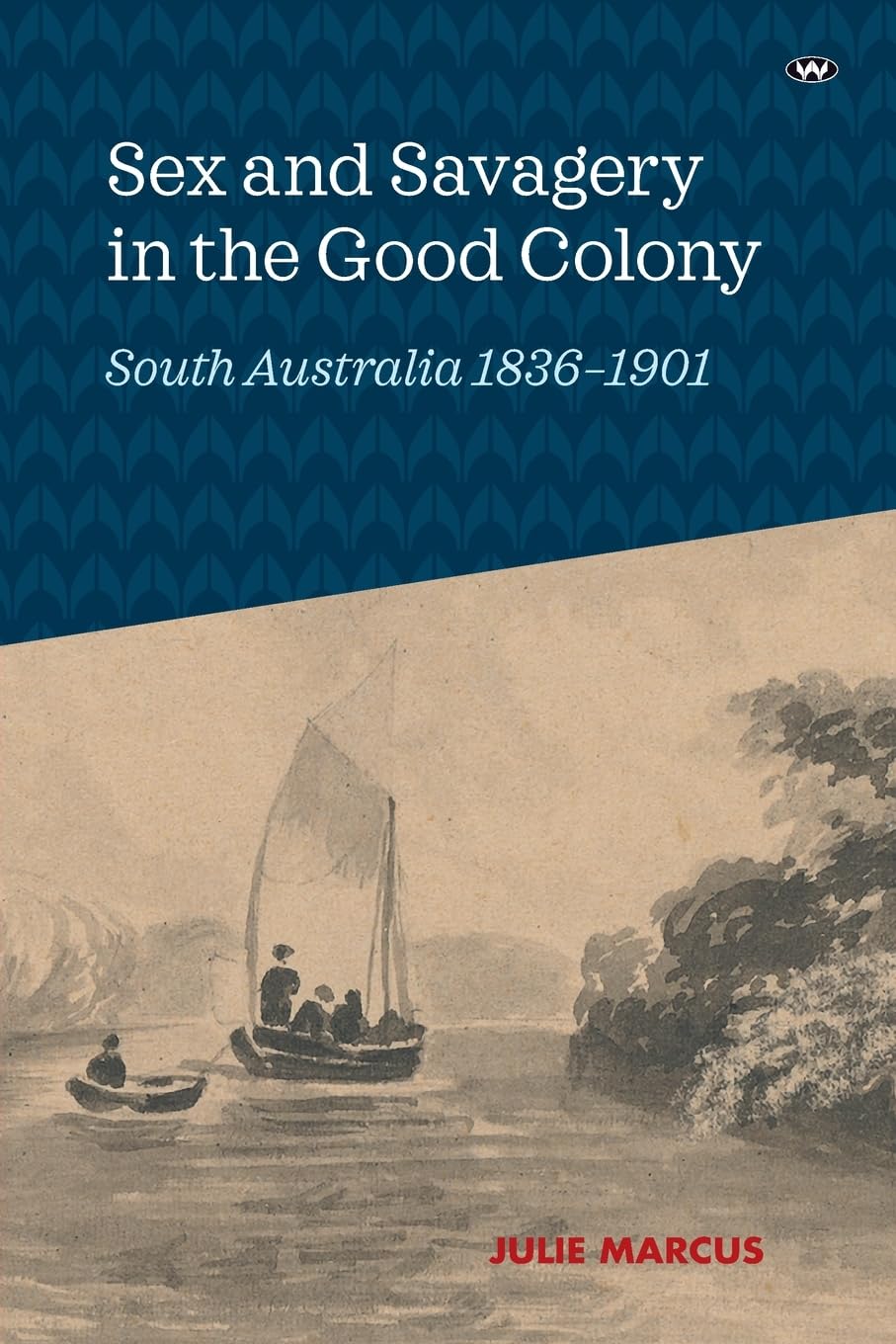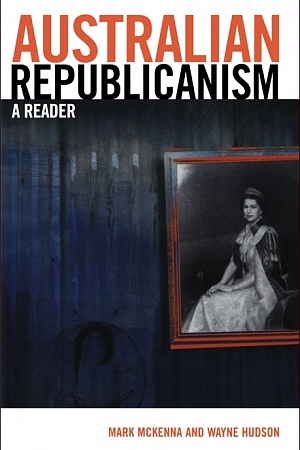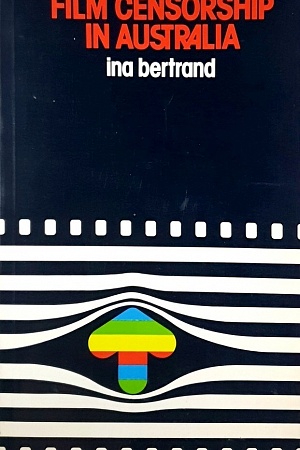Restoring Australia’s reputation for integrity
The National Anti-Corruption Bill 2022 was introduced into parliament by the attorney-general, Mark Dreyfus KC, on 28 September 2022. After the second reading speech, the NACC Bill was sent for consideration to a Joint Select Committee, which duly completed its report in time to enable the Bill to be considered for enactment in November.
The proposed legislation, some 220 pages long, is aimed at eliminating corruption in the federal public sphere, as well as restoring trust and transparency in our democratic institutions. The National Anti-Corruption Committee will be able to investigate serious or systemic corrupt conduct affecting any part of the federal public sector. The definition of ‘corrupt conduct’ is broad and encompasses conduct by a public official that involves an abuse of office, breach of public trust, misuse of information, or corruption of any kind. The NACC will have a full suite of powers similar to those of a Royal Commission, and will be able to use its powers to investigate a corruption issue if the Commissioner considers that it could involve serious or systemic corrupt conduct. The NACC will be able to hold public hearings, and at the end of an investigation, the Commissioner will be required to produce a report containing findings and recommendations; such reports may include findings of corrupt conduct, but not of criminal guilt. The NACC will be independent, but subject to oversight by a Parliamentary Joint Committee and an Inspector. It will also be supervised by the Federal Court of Australia. The NACC must afford procedural fairness to individuals or agencies who are the subject of adverse findings.
Other welcome features of the Bill are the inclusion of members of parliament and staff as potential subjects of investigation, and the assumed interaction with Codes of Conduct and standards of parliamentary and ministerial behaviour; preventative and educational functions aimed at improving integrity and informing the public sector and the entire community about corruption risks and vulnerabilities; powers of initial inquiry on the basis of complaint, referral or own motion; mandated referral of potentially corrupt conduct by agency heads; and protections, including immunity for whistleblowers and journalists.
Those preparing the Bill must have been greatly assisted by the Member for Indi’s draft Bill, which was proposed but left untabled late in 2021. Dr Helen Haines’s work was specifically credited by the attorney-general in his speech.
Despite the generally satisfactory nature of the Bill, there are several major problems, and a variety of questions remain to be considered by the Joint Select Committee. The first of these is a limitation on the NACC’s ability to conduct public hearings. The Bill entitles the NACC Commissioner to hold a public hearing only if exceptional circumstances justify doing so, in addition to being satisfied that it is in the public interest. Labor’s national ICAC (Independent Commission Against Corruption) design principles announced prior to the election included no mention of ‘exceptional circumstances’. This limitation will be a severe restriction on the NACC’s ability to hold public hearings.
Most Royal Commissions of an investigatory nature hold their hearings in public. Such hearings expose corruption and misconduct to the public; they increase public trust that allegations of misbehaviour are being investigated fairly and in the public interest; they make investigations more effective by encouraging additional witnesses to come forward; they educate and improve the integrity of the public sector, as well as educate the entire community about such matters; and they deter others from engaging in corruption and misconduct in the future.
In 1982, Sir Anthony Mason, then a judge of the High Court, stated in the Builders Labourers’ Federation case in the High Court that an order that a commission proceed in private ‘seriously undermines the value of the inquiry; it shrouds the proceedings with a cloak of secrecy, denying to them the public character which to my mind is an essential element to an inquiry of this kind’. Murray Gleeson AC, former Chief Justice of the High Court, said in his review of the NSW ICAC that ‘public inquiries, properly controlled, serve an important role in the disclosure of corrupt conduct. They have an important role in disclosing the ICAC’s investigative processes.’ Similarly, Tony Fitzgerald AC said: ‘The proposal to close anti-corruption hearings and repress information on public issues to save those involved from embarrassment demonstrates a fundamental ignorance of democracy. Effective democracy depends on informed voters.’
Public hearings are regarded as essential by the Commissioners of ICAC and Victoria’s IBAC (Independent Broad-based Anti-corruption Commission), as a crucial mechanism in promoting integrity and investigating and exposing corruption.
The inclusion of the phrase ‘exceptional circumstances’ in the NACC Bill is taken from the Victorian IBAC Act, but IBAC Commissioners have repeatedly asked the Victorian government to remove the limitation since it seriously restricts the number of investigations in Victoria taking place in public. In addition to the unsatisfactory vagueness of the phrase, and the resulting possibility of court challenges, only rarely will an investigation meet the test of ‘exceptional circumstances’.
It is generally assumed that this detrimental change to Labor’s original proposal for the NACC resulted from an Opposition offer to support the Bill provided the alteration was made. The government may have welcomed this, since it will lead to fewer public hearings by the NACC during Labor’s term in office; or it may have decided that it is preferable to have the NACC legislation enacted as soon as possible, hoping to strengthen it later. Experience has shown, however, that attempts to toughen integrity legislation have little prospect of success.
There are various other matters of complaint with the NACC Bill of less significance than public hearings. For example, the NACC’s jurisdiction will not capture corrupt conduct by third parties, unless there is wrongdoing by a relevant public official. The government’s purpose is apparently to limit the quantity of work the NACC will be expected to cover because of the likely enormous number of complaints it is expected to receive. But investigations of procurement dealings, whether those of the defence department or elsewhere, will usually involve at least two parties to a proposed transaction: the public servants and outside parties who may be attempting to deceive or corrupt honest public servants. There is much to be said for the view that such matters should be left within the NACC’s jurisdiction, leaving it to the Commissioner’s discretion whether a matter justifies investigation.
A third problem relates to the Parliamentary Oversight Committee, which will have, in addition to its oversight function, the right to deal with appointments to the NACC of the Commissioner, a Deputy Commissioner, and the Inspector. It will also review the NACC’s budget and finances. Under clause 173, the Chair of the Committee must be a member of the government, giving the government control of the appointments and funding of the NACC.
The removal of politics from the determination of budgets and finances for anti-corruption bodies such as the NACC is necessary to ensure that governments of whatever persuasion cannot be able to interfere with the independence of the agencies that are established to hold them to account. There can be no better way of stifling a body such as the NACC than by cutting its funding. Accordingly, the funding of the NACC should be the responsibility of an independent statutory commission or tribunal, with all evidence, reasoning, and recommendations tabled in Parliament to promote full transparency.
Furthermore, appointments of persons to the roles of Commissioner, Deputy Commissioner, and Inspector are of critical importance and should be open, merit-based, and transparent, with selection based on an independent panel’s assessment of an applicant’s merit against publicly available criteria. The fact that the balance of power in the Oversight Committee rests with the government of the day has the potential to adversely impact on public confidence in the independence of the NACC.
A variety of other matters such as Client Legal Privilege and retrospectivity were also considered by the Joint Select Committee, which must report shortly.
That it was possible to introduce the NACC Bill into parliament only some four months after the federal election is a major achievement for Labor, and a triumph for the attorney-general and his staff. The Bill is extremely complicated and covers a number of highly controversial questions, but it has been largely well received by the public and the press. It will be the fulfilment of a signal electoral promise if the government is able to complete that achievement by the enactment of the NACC legislation by the end of this year. The absence of a federal anti-corruption body was regarded by Transparency International as a ‘gaping hole’ in Australia’s integrity system and was a factor in Australia’s fall in Transparency’s Corruption Perceptions Index from seventh in 2012 to eighteenth in 2022. The enactment of the NACC will, it is to be hoped, commence the restoration of Australia’s reputation for integrity in the eyes of the world.
This is one of a series of politics columns generously supported by the Judith Neilson Institute for Journalism and Ideas.










Leave a comment
If you are an ABR subscriber, you will need to sign in to post a comment.
If you have forgotten your sign in details, or if you receive an error message when trying to submit your comment, please email your comment (and the name of the article to which it relates) to ABR Comments. We will review your comment and, subject to approval, we will post it under your name.
Please note that all comments must be approved by ABR and comply with our Terms & Conditions.